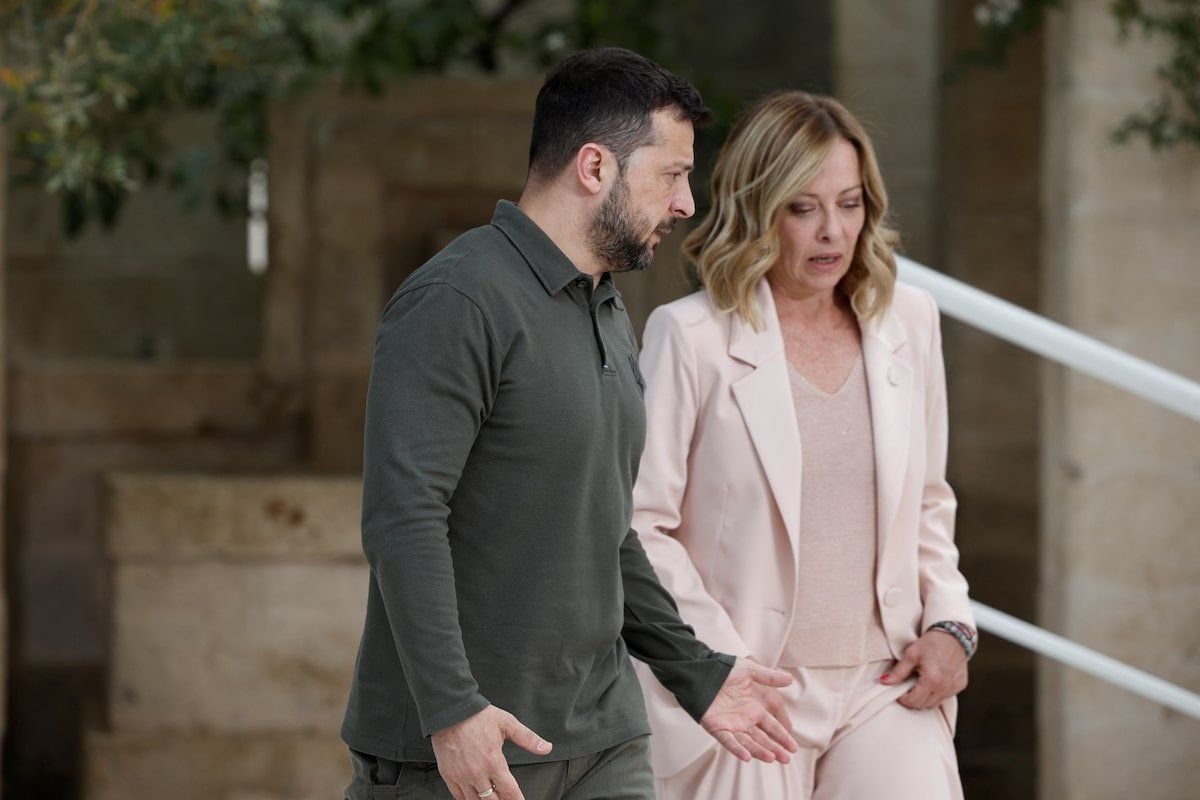Leaders from the G7 countries met Thursday in Italy’s Puglia region, where the future of Ukraine aid was high on the agenda
Who’s there? The meetings are hosted by Italian Prime Minister Giorgia Meloni, who is at the height of her political power after European Parliamentary elections last weekend. She stands in contrast to other G7 leaders from Canada, the US, the UK, Japan, and Germany, all of whom are on shakier ground domestically.
Meloni also invited an A-list of non-Western leaders like President Volodymyr Zelensky, Prime Minister Narendra Modi, and Brazil’s President Luiz Inácio Lula da Silva.
The highlights: Biden and Zelensky affirmed their partnership at a bilateral press conference. The group agreed to loan Ukraine $50 billion to rebuild its devastated infrastructure with the understanding it would be paid back by interest earned on the frozen Russian assets. They also passed a new round of sanctions aimed at countering China’s effort to remake Russia’s defense industrial base.
Looming over the group’s progress on Ukraine was the possibility that Donald Trump, who has spoken openly of pulling out of NATO and against further Ukraine aid, could be back in power by the time the group next meets in 2025. Several present — including Prime Minister Rishi Sunak and President Emmanuel Macron — are facing elections that could redefine Europe.
